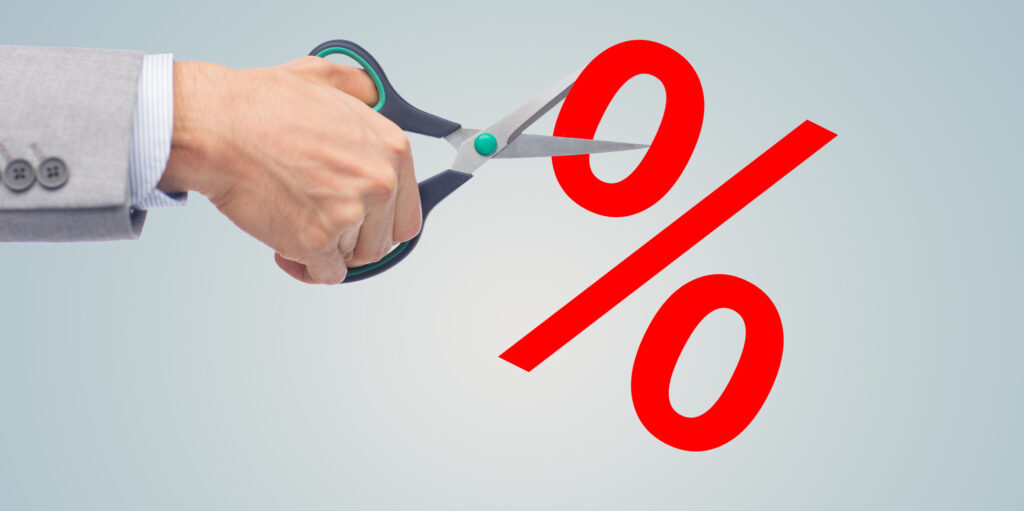
The interest rate is a concern for Samuel Seeff, chairman of the Seeff Property Group, who believes that it is impeding economic growth and leading to unemployment and higher debt levels in South Africa. Seeff urges the South African Reserve Bank (Sarb) to maintain the current repo rate of 8.25% and keep the interest rate stable at 11.75%.
While Sarb Governor Lesetja Kganyago has suggested a potential 0.25% hike to combat inflation, Seeff argues that the burden on consumers, homeowners, and buyers is already too high. Seeff points out that inflation has been decreasing and reached a 13-month low of 6.3% in May 2023.
The Rand-Dollar exchange rate has also stabilized. Seeff believes that the higher interest rates have had a detrimental effect on the economy and advocates for a reduction in rates to stimulate economic activity. He is supported in his views by other economists, such as Professor Chris Malikane, who argue that the middle class is facing excessive pressure.
The property market has been negatively impacted by the interest rate hikes, resulting in decreased sales volumes. Homeowners are already struggling financially, and further rate hikes would worsen their situation. Richard Gray, CEO of Harcourts South Africa, expresses concern that consumers are already overwhelmed by high electricity prices, inflation, municipal rate increases, and the existing high interest rates.
“Homeowners will struggle to make mortgage payments and we will see a higher number of defaults. Landlords will have to increase rental amounts to cover their additional financing costs, which will in turn place pressure on their tenants.”
Yael Geffen, chief executive of Lew Geffen Sotheby’s International Realty, says there is a limit to the amount of belt-tightening society can bear, and she believes we’re close to reaching it.
“Poverty levels are rising and skilled individuals are leaving in droves. We simply can’t afford to lose any more.”

